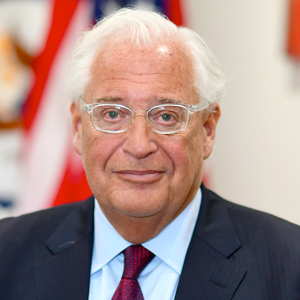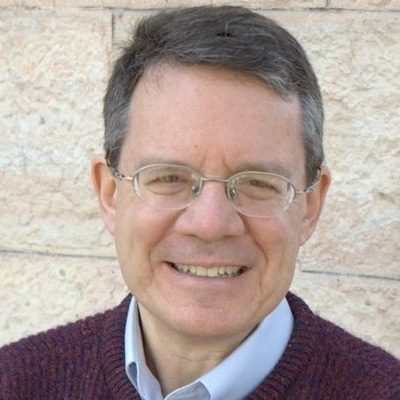In August 2020, the president of the United States announced that the United Arab Emirates had decided to normalize relations with Israel. In the months that followed, Bahrain, Sudan, and Morocco followed suit. Together, the so-called Abraham Accords represent the most significant change in the politics of the Middle East in decades. How did they come about? To answer this question, the historian Martin Kramer interviews David Friedman, America’s former ambassador to Israel and one of the architects of the Accords.

Amb. David Friedman
Ambassador David Friedman was nominated by President Trump on January 20, 2017 and served as Ambassador Extraordinary and Plenipotentiary to the State of Israel until the end of the Trump Administration. Prior to his appointment as Ambassador, Mr. Friedman was a nationally top-ranked attorney and a founding partner of a leading law firm in New York City where he played a key role in negotiating multilateral disputes in some of the nation’s most complex business and financial restructurings.
Throughout his posting, Ambassador Friedman actively engaged in the development and execution of President Trump’s Israel-related policies, including those with respect to the recognition of Jerusalem as Israel’s capital, the move of the United States Embassy in Israel to Jerusalem, the recognition of Israel’s sovereignty over the Golan Height, and the Abraham Accords.
Well known for his excellent public speaking, negotiating and interpersonal skills, Mr. Friedman has been active for decades in U.S. policy relating to Israel and the Middle East as well as numerous related philanthropies. Mr. Friedman earned a B.A. from Columbia University in New York City in 1978 and a J.D. from New York University School of Law in New York City in 1981. He has been happily married to Tammy since 1981, and is a proud father of five and grandfather of many more.

Martin Kramer
Following a twenty-five year career teaching at Tel-Aviv University, where he directed the Moshe Dayan Center for Middle Eastern and African Studies, Martin Kramer was the founding president of Shalem College in Jerusalem, Israel’s first liberal arts college, where he continues to teach the modern history of the Middle East. Professor Kramer is also the Walter P. Stern fellow at The Washington Institute for Near East Policy. The author of many essays and articles in Commentary, Mosaic, The Wall Street Journal, Foreign Affairs, and elsewhere, Professor Kramer is the author of ten books, most recently The War on Error: Israel, Islam, and the Middle East.

